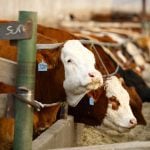
Tag Archives Sustainable agriculture

Organic industry pushes back on regulatory changes
Sector spokespersons say moving rules governing organic production under a larger regulatory framework will limit market opportunities and create needless new certification requirements
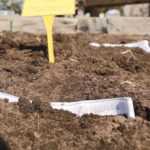
Planning for a bumper crop of underwear
The Soil Conservation Council of Canada is hoping underwear will be neither tight nor white after two months in the ground
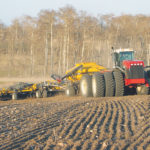
You may be ready for seeding, but is your land?
That early start to seeding is desirable, but not without some risks to manage
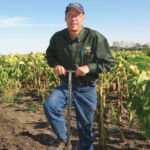
Farmers adjust fertility plans after tough fall
There’s still plenty of opportunity to get nitrogen on if you missed the fall application window

Healthy soil is the real key to feeding the world
It’s sustainability, not one production system or the other, that is the real solution
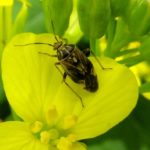
Shining a light on the creepy crawly side of agriculture
Entomologist John Gavloski is warning producers to maintain beneficial bugs found in crops

British no-tillers worry about potential loss of glyphosate
But Tom Sewell says he’ll still find a way to continue his no-till system
Editorial: Family feud

Organic agriculture no panacea: study
Too many uncertainties exist to say it’s the only solution

Soil management, cover crops and recouping costs explored
Farm-specific cover crop integration was the backbone of the latest Manitoba Forage and Grassland Association grazing club workshop


